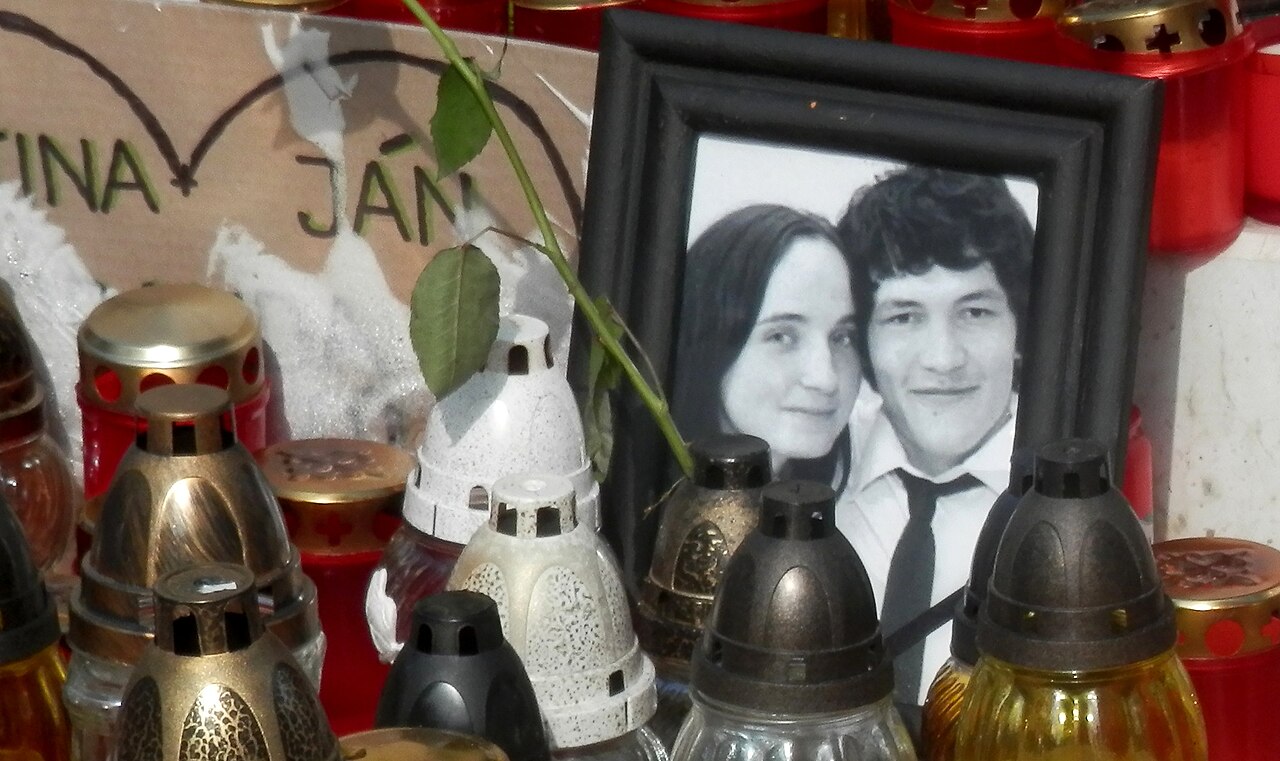South Korea‘s government will go ahead with plans to scrap the current real-name system for internet users in the wake of the country’s worst online security breach. Last month, personal information including names, mobile phone numbers and email addresses of about 35 million users of the country’s popular internet and social media sites Nate and Cyworld was stolen in a hacking attack. The real-name system, introduced in 2007, requires people to use their real names and resident registration numbers when making online postings on websites with more than 100,000 visitors per day.
NEWS
Support free expression for all
At Index on Censorship, we believe everyone deserves the right to speak freely, challenge power and share ideas without fear. In a world where governments tighten control and algorithms distort the truth, defending those rights is more urgent than ever.
But free speech is not free. Instead we rely on readers like you to keep our journalism independent, our advocacy sharp and our support for writers, artists and dissidents strong.
If you believe in a future where voices aren’t silenced, help us protect it.
At Index on Censorship, we believe everyone deserves the right to speak freely, challenge power and share ideas without fear. In a world where governments tighten control and algorithms distort the truth, defending those rights is more urgent than ever.
But free speech is not free. Instead we rely on readers like you to keep our journalism independent, our advocacy sharp and our support for writers, artists and dissidents strong.
If you believe in a future where voices aren’t silenced, help us protect it.
At Index on Censorship, we believe everyone deserves the right to speak freely, challenge power and share ideas without fear. In a world where governments tighten control and algorithms distort the truth, defending those rights is more urgent than ever.
But free speech is not free. Instead we rely on readers like you to keep our journalism independent, our advocacy sharp and our support for writers, artists and dissidents strong.
If you believe in a future where voices aren’t silenced, help us protect it.
At Index on Censorship, we believe everyone deserves the right to speak freely, challenge power and share ideas without fear. In a world where governments tighten control and algorithms distort the truth, defending those rights is more urgent than ever.
But free speech is not free. Instead we rely on readers like you to keep our journalism independent, our advocacy sharp and our support for writers, artists and dissidents strong.
If you believe in a future where voices aren’t silenced, help us protect it.
At Index on Censorship, we believe everyone deserves the right to speak freely, challenge power and share ideas without fear. In a world where governments tighten control and algorithms distort the truth, defending those rights is more urgent than ever.
But free speech is not free. Instead we rely on readers like you to keep our journalism independent, our advocacy sharp and our support for writers, artists and dissidents strong.
If you believe in a future where voices aren’t silenced, help us protect it.
READ MORE
-

Free speech is the casualty in Ukraine war
Journalists are being killed and media freedom is under threat. Both sides have questions to answer
-

Eight years on from the murder of Slovak journalist Ján Kuciak
On Saturday, friends of the Slovak investigative journalist held 30 commemorative demonstrations to mark his brutal murder in 2018
-

The BBC World Service must be defended not defunded
Index and other organisations call on the UK government to provide clarity over public broadcaster's funding at a critical time
-

Index reports on the breaking of the old order in Europe
Editor Sally Gimson reflects on a recent trip across central Europe
